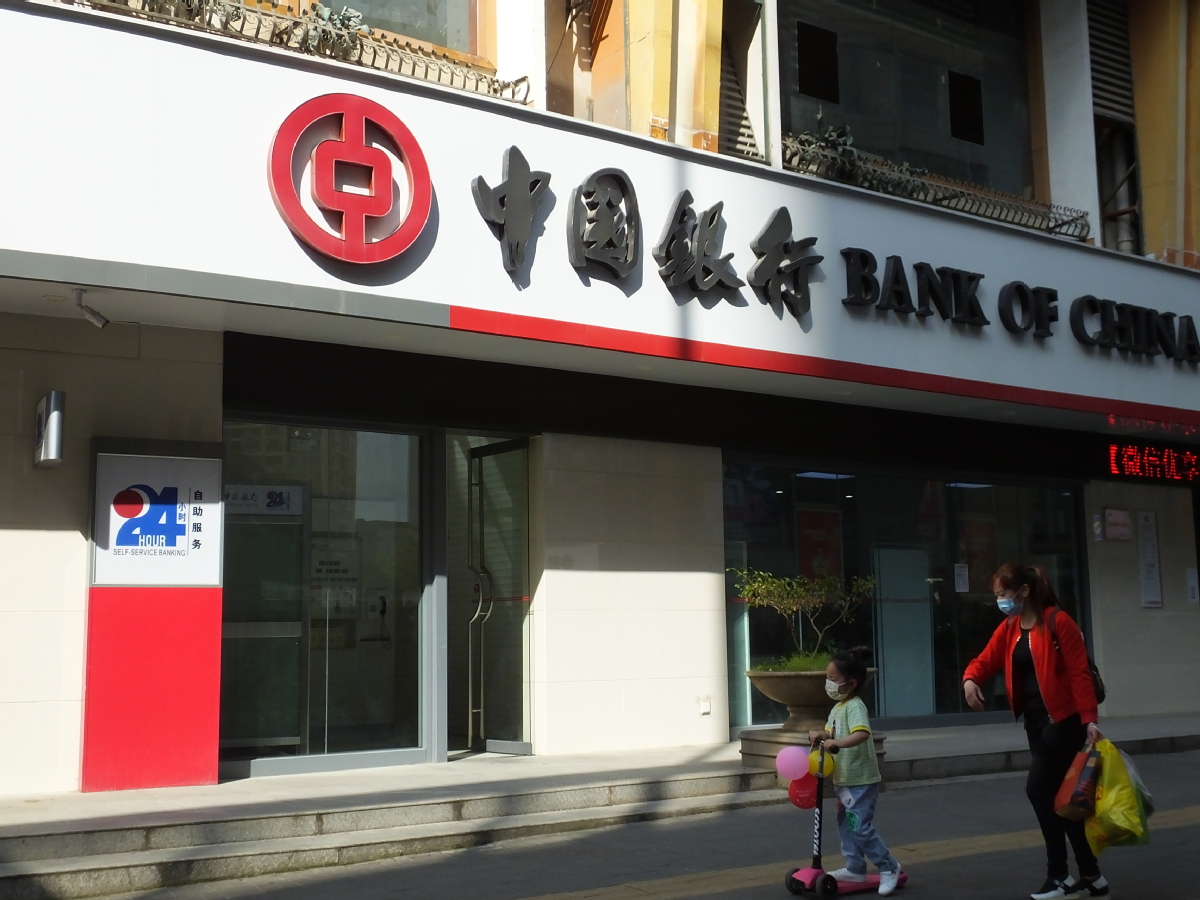Green, blue, socially-sustainable bonds on the rise


Chinese financial institutions are putting greater emphasis on the issuance of socially and environmentally sustainable bonds as global investors seek opportunities for a green economic recovery from the COVID-19 pandemic.
Bank of China Ltd, a large State-owned commercial lender, issued Asia's first blue bonds on Sept 14.
Blue bonds are debt instruments issued to raise capital from impact investors to finance marine and ocean-based projects that have positive environmental, economic and climate benefits.
Including $500 million for US dollar bonds and 3 billion yuan ($448 million) for dim sum bonds-renminbi-denominated bonds issued outside of the Chinese mainland-they are also the first blue bonds sold by a commercial bank. The money raised will be invested in environmentally friendly projects including marine sewage treatment and offshore wind power projects supported by the bank.
The blue bonds received a warm reception by global investors, such as large fund companies and asset managers in Europe and the United States. Non-Asian investors accounted for 41 percent of all those investing in the $500 million in US dollar bonds-the highest percentage of non-Asian investors for a US dollar bond offered by a Chinese financial institution since 2018-said Liu Quanlei, deputy general manager of BOC's treasury department.
"As environmental and social problems become increasingly prominent globally, society needs to guide more investment toward green, social and sustainability projects. About 11 percent of asset owners have taken climate change as an important factor affecting their asset allocation decisions, and the number will keep rising," Liu said.
BOC has issued green, social and sustainability bonds-debt instruments whose funds are exclusively allocated to financing new or existing green or social projects or a combination of both-in the offshore market since July 2016, with a total value of about $9 billion, including green bonds worth $8.3 billion. The green bonds were denominated in dollars, euros, yuan and yen.
Investors and academics are paying greater attention to a green economic recovery since the pandemic to prevent money from flowing into projects that are highly polluting or energy intensive, said Feng Ruoqiu, senior manager of BOC's corporate banking department.
The outbreak of COVID-19 also promoted the issuance of social bonds, a form of debt that allows investors to help raise funds for projects with positive social outcomes. BOC offered its first anti-epidemic themed bonds offshore worth 5 billion patacas ($626 million) on Feb 27. Funds raised will help secure the financing needs of small and medium-sized businesses in Macao hit by the pandemic.
From Jan 1 to Monday, Chinese financial institutions issued 28 anti-epidemic themed bonds domestically with a total value of 63.26 billion yuan. Over the same period, they also issued seven green bonds on the onshore market totaling 17.2 billion yuan, according to Wind, a financial data provider in China.
They are following the global trend driving green growth and sustainable development. Standard Chartered, a London-based international banking group, issued 500 million euro in sustainability bonds in July 2019, worth $561.95 million at that time. Its $3.9 billion worth of sustainable finance assets have grown 14 percent in the past year and continue to grow, said the bank in a report published on Sept 28.
"Greater emphasis on social finance and sustainable development will likely be one of the lasting outcomes of the coronavirus crisis," said Matthew Kuchtyak, an analyst with Moody's Investors Service.
In a report released on May 5, Moody's said a number of factors will continue to support growth in sustainable bonds over the long run. These include strong investor demand, heightened governmental focus on climate change and sustainable development, gradual greening of the financial system and increased issuer focus on highlighting sustainability plans to stakeholders.
"Bank of China will keep exploring the issuance of green, social and sustainability bonds and embed innovations in such bonds to promote their development in depth," Liu said.
He advised government agencies to make GSS bond issuances more convenient, allow GSS bond investors to enjoy tax benefits, increase secondary market liquidity for these bonds and push to continuously open up the domestic green bond market.




































